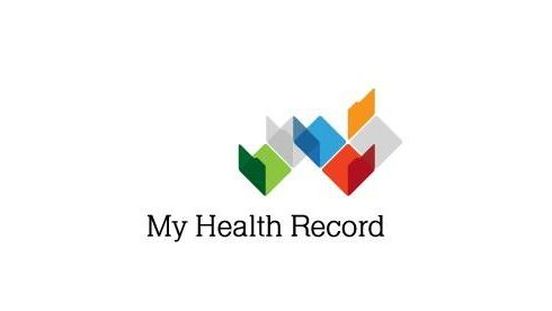|
MHR – It’s time for a policy reset
Dr Ayman Shenouda It’s a particularly hectic Monday morning and first up I have a 70-year-old male patient who has just been discharged from hospital. It will be no surprise that there is no information from the hospital. He’s had some blood tests though and his potassium is very high. This is why he was admitted - that along with some kidney problems. He’s accompanied by his son who is not aware of any previous conditions and not forthcoming about much at all. There’s some patchy interpretation offered of what was conveyed to them in hospital – but too cryptic to work through and the confusion was just making this patient more anxious. But what we do have is all his medication in a bag – a complication mix of current and old meds to sift through – so with that, the usual diagnostic challenge begins. Looking through I find Spironolactone – a potassium-sparing diuretic – and an obvious issue for a patient admitted with high potassium if he continue on this meds it can be life-threatening. He also had a very severe itch and swollen legs and few other chronic disease including renal failure This mixed bag of medications alongside some troubling symptoms makes for a very complicated patient. It took half a day to sort this patient out. More blood tests, phone calls and inquiry in order to reassure that all issues were adequately covered. It is when you have to deal with this spaghetti of information around a patient that access to their record in real time would have been helpful. Particularly when combined with the lack of discharge summary and the fact that both patient and son had little to no health literacy. It is those times when patients are moving between doctors, during emergencies and for post-acute episode follow-up that having this information to hand really counts. This is where My Health Record (MHR) would support better healthcare decisions and enable GPs to find information quickly. MHR Implementation The crisis of progress – in terms of resistance and technology – is something we’ve come to expect when introducing significant change. People resist change and with technology, this is intensified commensurate with risk, perceived or otherwise, which is precisely what we’ve just seen with MHR implementation. Expecting resistance to change and planning for it is something good policy planners do. But with this one, the MHR, really from its outset, there have been problems really from the early policy development to now in attempting implementation. There were problems on a number of fronts in working through the opt-in then opt-out rather than compulsion. But these are just your usual pain points in working through complex policy implementation. There were issues during the design phase and a seeming reluctance to take technical advice at critical points. With the focus now of course predominantly on the risks: the risks to privacy, cybersecurity and hacking with minimal success in lessening privacy concerns. From the very first day of the opt-out period, those opposed were stating that it is an ‘uncontrolled’ data dump.[i] Right up to the penultimate day as the deadline to opt-out loomed yesterday the movement in the Senate called for a delay for a further 12 months. This last-hour intervention was made while Australians were rushing to opt-out causing system overload with both website and phone line were being reported as down. I’m pleased to see Minister Hunt has decided to extend the opt-out period to 31 January 2019 which should enable some time to work through the many issues and hopefully reassure the public. Where to next? Our entire lives, it seems, are already in a databank of sorts and this lack of control is precisely why consumers needed that reassurance around privacy in this rollout. A centralised database with widespread access is of course problematic. It required precision in design and diligence around patient privacy concerns and effective responsive communication to implement. This needed a framework of trust and any attempt to implement without it was always going to lead to this point. From the lack of informed consent, privacy and security challenges and limited protections around these - some have suggested the MHR is the health sector’s NBN and there are certain similarities here. The risks are high and the right to privacy in the digital age relies on good laws and the lack of privacy and security provisions made it not ready in my view. These are complex technical and privacy concerns and this is where the problem lies. These risks are poorly understood and the fact that we’ve only just reached some consensus around some new protections through recent RACGP-led negotiations this makes for a good time for a policy reset. The extension to the end of January provides some time to work through the Senate Standing Committee on Community Affairs Report (which doesn’t recommend the abandonment of the system). The benefits of the MHR or any redesign can only be realised through regular use so that it becomes a routine part of healthcare and only then will its full benefits be realised. Broader take up can only eventuate once trust has been restored and there’s still quite a journey ahead before we get even close to this level given the policy implementation failures to date. [i] Zhou N. Media Article: My Health Record: privacy, cybersecurity and the hacking risk. 16 Jul 2018. Available at: https://amp.theguardian.com/australia-news/2018/jul/16/my-health-record-privacy-cybersecurity-and-the-hacking-risk
0 Comments
Leave a Reply. |
Author
Dr Ayman Shenouda Blogs categories
All
|

